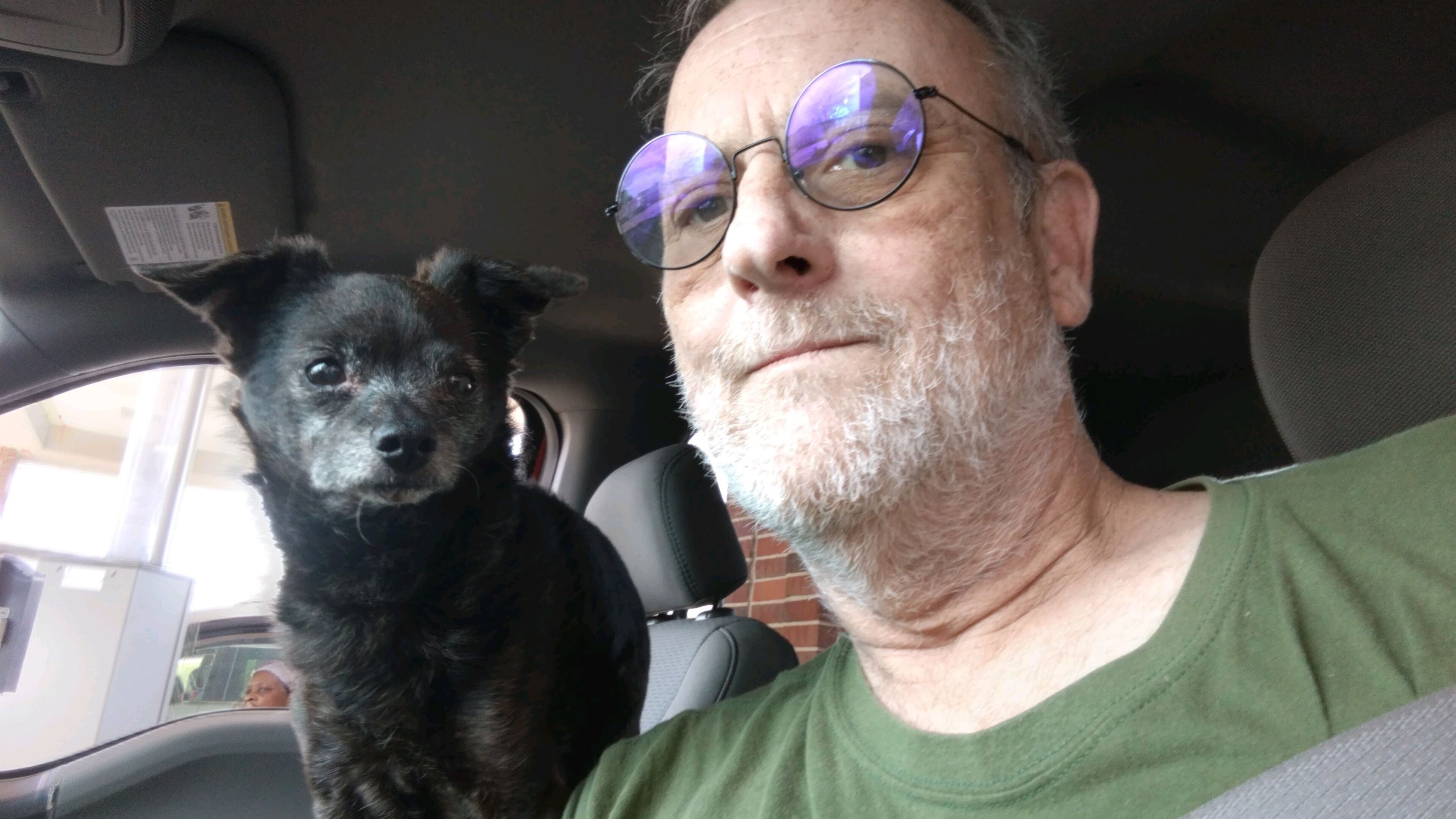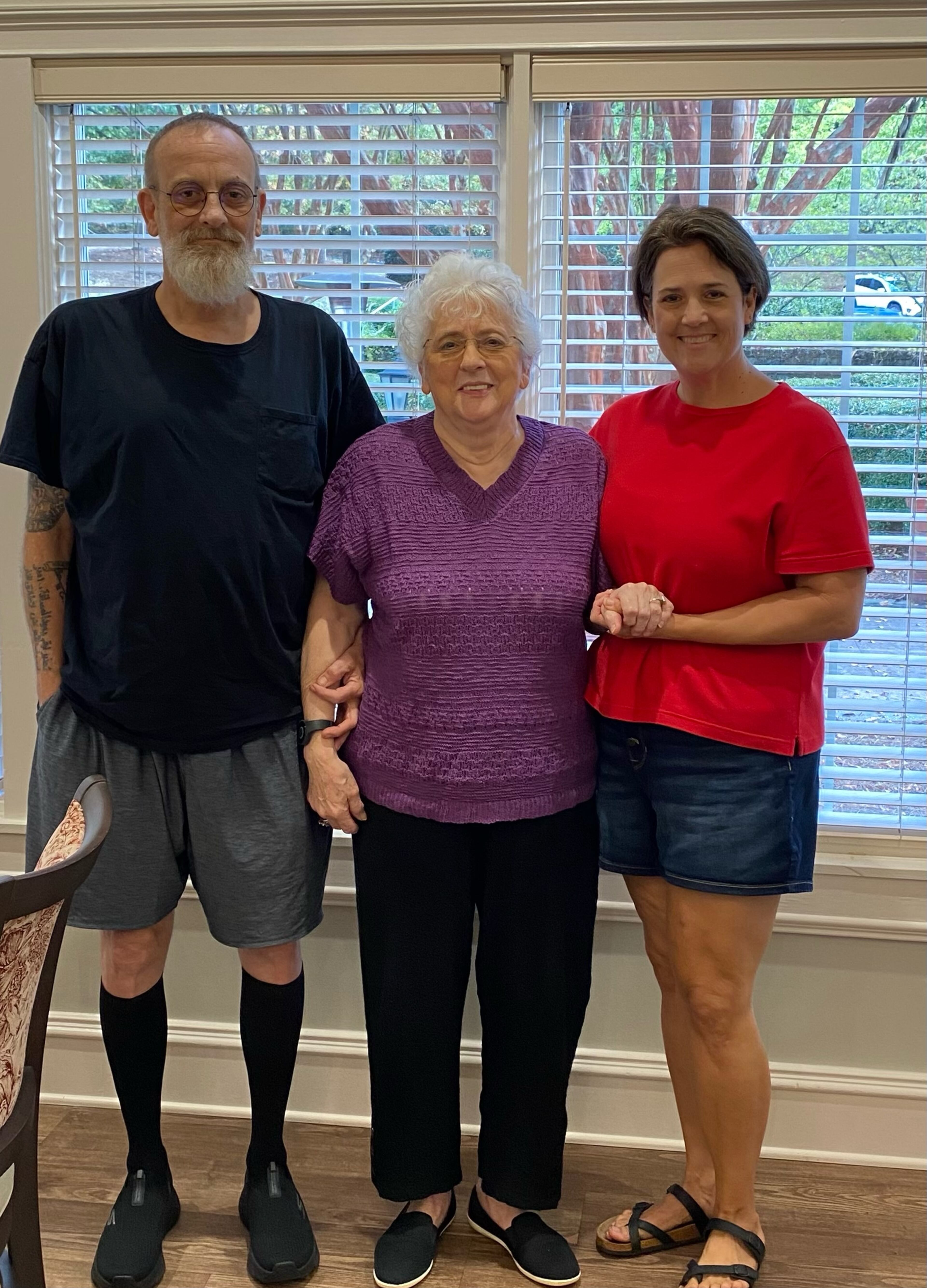OPINION: On Veterans Day, remember the men and women we’ve forgotten

On a normal day, the Flint River in Upson County is about 5 feet deep. But, with heavy rains in late March, the river spilled its banks, flooding parts of central Georgia.
Up until then, Rodney Davidson lived in a camper alongside the river.
It had been one of the few places where he found peace from the post-traumatic stress disorder that he acquired during the Iraq War.
Everything Davidson owned washed away like detritus, leaving him with no home, no car, no clothing. It was an all-too-familiar feeling for a man who has found post-war civilian life to be an endless loop of desperate appeals to obtain disability benefits and proper medical care.
November 11 is Veterans Day, designed to honor Americans who have served in the military during war and peace. I can’t think of a better way to honor them than by bringing attention to the ones who get left behind once they come home.
Fresh out of high school, Davidson joined the Army’s 82nd Airborne Division and served for three years before returning to his hometown of Thomaston.
He got a job as a piano tuner at Yamaha Corporation of America. But, in the aftermath of 9/11, the former soldier grew restless. In 2004, then just shy of 40 years old, he joined the National Guard.
As a member of the 48th Brigade Combat Team, he was part of a five-man squad that was deployed to Baghdad.
He would be the only member of the squad to survive.
In July 2005, the team’s Humvee was bombed and the other four were killed, becoming the first Georgia National Guardsmen to die in combat since World War II. A similar attack six days later claimed the lives of four more soldiers from the 48th Brigade.
Davidson had always been a complex person, said his sister Danielle Jones. But, when he returned from the war, his life and health seemed to plummet. He got divorced. Tinnitus prevented him from returning to his job as a piano tuner, so he never had much money. “There hasn’t been much joy in his life,” Jones said.
In 2018, Davidson had a heart attack, and Jones began to get more involved in his care. She wanted to make sure he had the right follow-ups with a cardiologist. But, she said, when she tried to get an appointment with Veterans Affairs, she was told there was nothing available in the five- to seven-day period in which he needed to be seen by a specialist.
“Veterans are not taken care of in an acute care manner,” said Jones.
In June, Jones reached out to The Atlanta Journal-Constitution after spending a month appealing to the state of Georgia, the VA and the community to help her brother.
She asked questions that I will repeat here because I don’t understand either. Why is it so hard to take care of our veterans? Why does it take her, working the hours equivalent to a full-time job, to fight for her brother’s health care and disability benefits? Why does it seem that the goal is to exhaust veterans so they’ll give up fighting for the care they deserve?
It’s always been the case that some of our veterans have been denied access to services or have fallen through the cracks, but when do we say enough is enough?

Veteran populations in the Southeast are on an upswing, according to a March 2022 report from the VA Secretary. So the report recommended opening new medical sites in Atlanta, Gwinnett County and in Macon to serve Georgia veterans.
But that’s not going to happen. Led largely by lawmakers from states that would have seen some VA facilities close under the VA secretary’s proposal, lawmakers refused to establish a required commission that would have been charged with evaluating the plan.
A new bill introduced in January is purported to offer another approach to modernizing the VA, but it hasn’t moved.
Veterans affairs is one area where lawmakers seem willing to work across the aisles. And yet, nothing seems to get done.
Meanwhile, veterans like Davidson continue scraping by with whatever resources they can cobble together.
Davidson is a smoker. He has diabetes and vascular disease. And he can only process a certain amount of information at once. But his mindset for surviving is not unlike it was during his time in the military — one mission at a time.
His sister moved him to Pike County, where a walk-in, VA clinic was built a few years ago. But, she said, staff told her that none of his records could be transferred.
The rollout of a new electronic health record system, designed to streamline veteran health records, has been beset with challenges and has been delayed for at least a year.
“I was very taken aback that the VA didn’t know what the VA was doing,” Jones said.
On Sept 25, Davidson had open heart surgery. He is currently staying with Jones as he recovers. It’s hard to imagine how he would have fared if he didn’t have his sister to serve as his angry advocate.
“To have him sacrifice for the country — and to have the survival skills that he has — and the VA can’t take care of him in a timely manner, is so disgusting to me,” said Jones.
She wants to give the VA the benefit of the doubt for being overwhelmed, but watching her brother struggle has been the worst feeling in the world, she said.
There are thousands of veterans like Davidson across the state and the country. And, like him, they deserve better.
Read more on the Real Life blog (www.ajc.com/opinion/real-life-blog/) and find Nedra on Facebook (www.facebook.com/AJCRealLifeColumn) and Twitter (@nrhoneajc) or email her at nedra.rhone@ajc.com.


